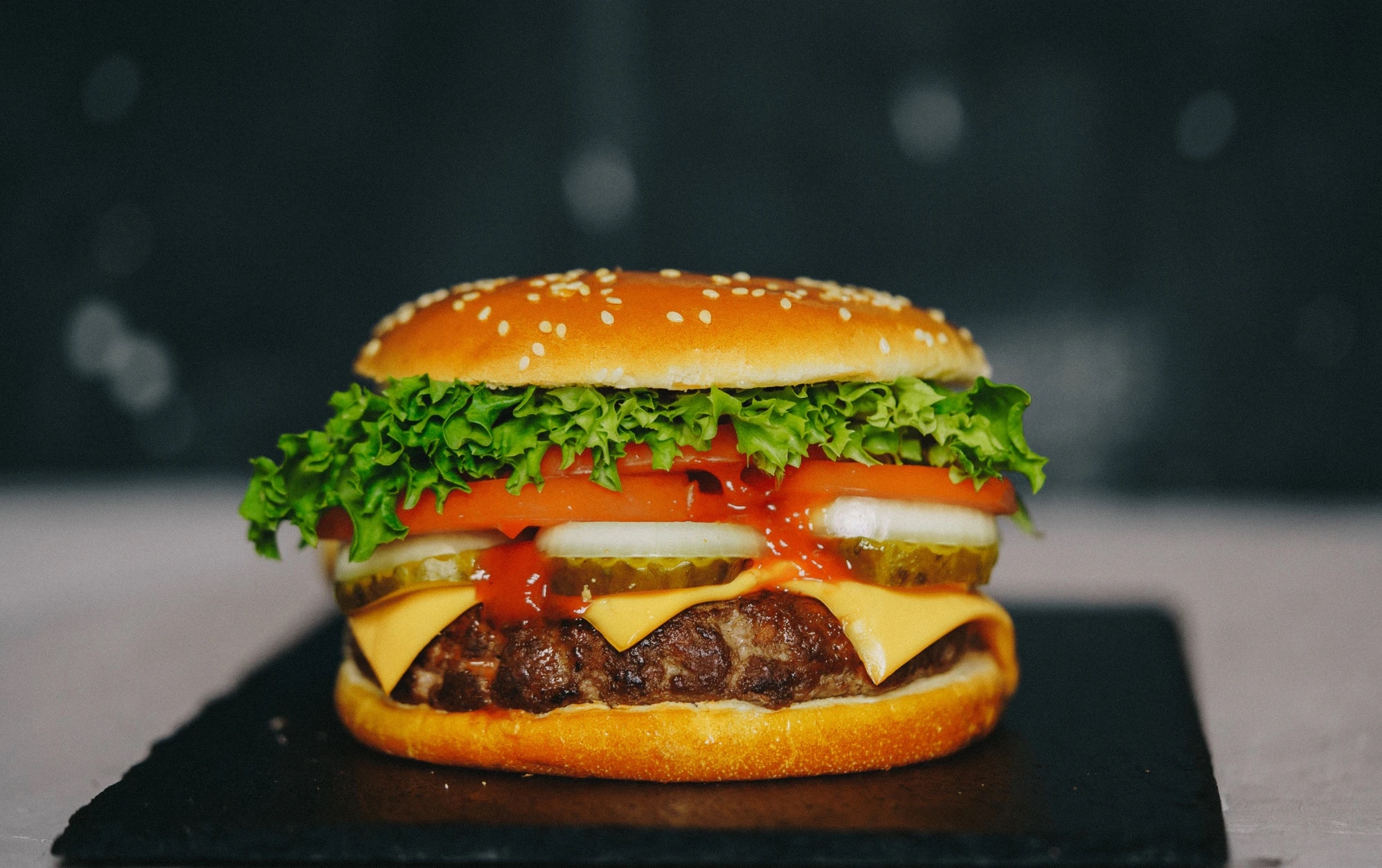Trademarks — often commonly called “brands” — are words, phrases, marks, logos or designs that identify to consumers a unique commercial source for various goods or services. A successful trademark creates “brand loyalty” and allows a business to “signal” to consumers various positive qualities like excellence, quality, luxury, craftsmanship, and the like. Trademarks have been around for centuries and can be valuable to a business. As one might expect, there has been a lot of trademark litigation over the years. Here are a few of the most interesting trademark cases in US history.
One of the more interesting cases is Delaware & Hudson Canal Co. v. Clark, 80 U.S. 311 (US Supreme Court 1871). The case is interesting because it was the first case decided by the US Supreme Court involving federal trademark law. But the case is also interesting in that it established the general principle that geographical designators are not trademarkable. In that case, a mining company was selling coal under the trademark “Lackawanna Coal.” But Lackawanna was merely a region covering several counties in Pennsylvania. The court noted that coal from Lackawanna was not unique in any way and could not be distinguished by consumers from coal mined in other locales. Thus, “Lackawanna Coal” was not trademarkable. The general principle is still valid today, although under the current trademark laws, a geographic designator CAN be trademarked if the geographic designation has acquired secondary meaning in the minds of consumers. Examples include “Idaho potatoes” and “Vidalia onions.”
Another interesting trademark infringement case involved competing Burger Kings back in the 1960s. A mom-and-pop ice cream chain in rural Illinois had a couple of restaurants operating under the name “Burger King.” They had registered their name as an Illinois state trademark. About the same time, the now-more-famous “Burger King” began operating in Florida. In 1961, the national chain obtained a federal trademark registration. Within a few years, the big Burger King had about 50 restaurants nationally and opened a couple of restaurants in Illinois. Trademark infringement litigation eventually ensued and the big Burger King won because of its federally registered trademark. See Burger King of Florida, Inc. v. Hoots, 403 F. 2d 904 (7th Circuit 1968). The case is a good example of why it is important to register your trademark with the US Patent & Trademark Office (“USPTO”). Having a trademark registered nationally provides greater protection.
But, not all was lost for the local Burger King. The federal court agreed that the local Burger King had valid and legitimate local trademark rights. To this day, the local restaurant is allowed exclusive rights to the “Burger King” trademark within a 20-mile radius of their rural Illinois town. See media report here. Interestingly enough, Burger King had a similar problem when it tried to expand its franchise to Australia. There was already a “Burger King” chain operating in Australia. As a result, “Burger Kings” in Australia are called “Hungry Jack’s.” See here.
Another interesting case is In re Owens-Corning Fiberglas Corp., 774 F.2d 1116 (Fed.Cir. 1985) which involved the trademarking of colors. In general, colors cannot be trademarked. But, under some circumstances, a color associated with a product or service can become distinctive enough to qualify for trademark protection. In that case, Owens-Corning added the color pink to its fiberglass insulation. The color served no functional purpose, but was added to make Owens-Corning’s insulation unique. Typically, a lot of advertising is needed to create the association in the minds of consumers between the color and the product. In the Owens-Corning case, there was sufficient proof that the color had attained a “secondary meaning” in the minds of consumers. As such, the color was deemed trademarkable.
Contact Revision Legal For more information or if you have questions about creating and registering a trademark, contact the trademark lawyers at Revision Legal at 231-714-0100.




